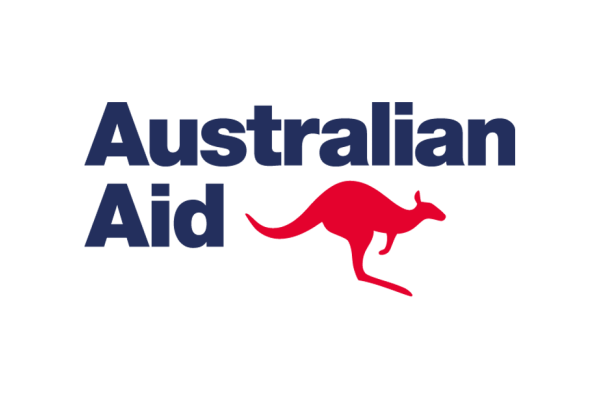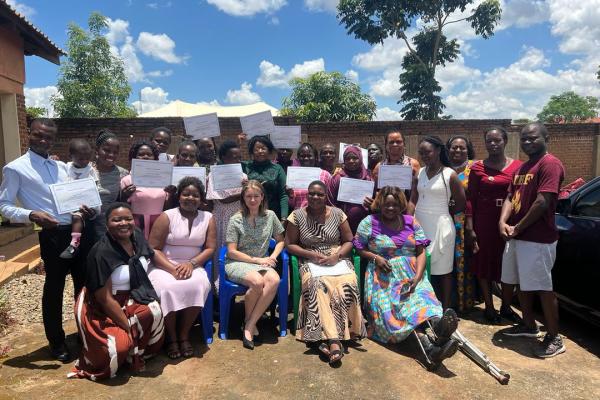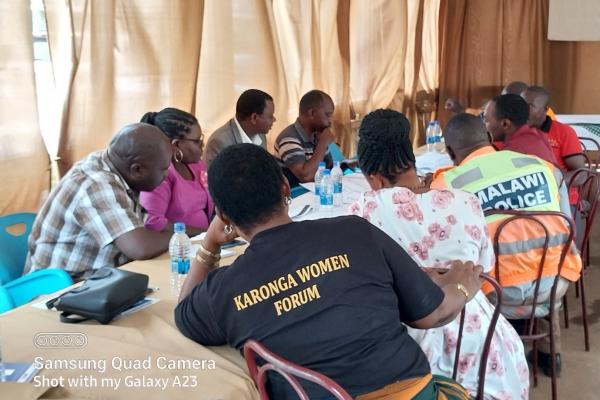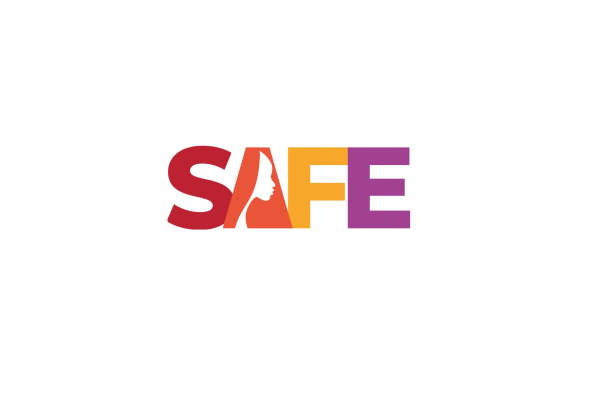Flora is a Technical Analyst for the Gender-Based Violence (GBV) portfolio, with experience in research, technical assistance, policy analysis and multi-stakeholder engagement. Her work focuses on…
As Co-Director of the Technical Team, Kate provides strategic and operational leadership across SDDirect’s gender equality and social inclusion portfolios, with particular oversight for Gender Based…
Tina provides technical advice and leadership to SDDirect's work in the field of Gender Based Violence (GBV) prevention. She helps to ensure that the work of in-house staff and consultants is…
As Head of Delivery Systems, Erika leads work to continually improve how the Technical Team manage and deliver programmes, including the use of digital tools and AI, knowledge management, and quality…
Amanda provides technical advice and leadership to SDDirect's work in the field of Gender Based Violence (GBV) prevention and response as part of SDDirect’s GBV Portfolio team. She is the Country Co-…
Clare joined SDDirect as a Principal Consultant in the Gender-Based Violence team, with a specialism in GBV in Emergencies. She has a wealth of experience in NGOs, consultancy, donor governments and…
Gemma Ferguson is a Principal Consultant in the GBV team. She brings two decades of experience working at the intersection of media and social development, with a special focus on gender, social…
Joanne leads SDDirect’s Gender-Based Violence (GBV) in Emergencies work. She is a senior member of the GBV portfolio and Director of the GBV AoR Helpdesk: a research and advice service for…
Lusungu provides technical advice and leadership to SDDirect's work in the field of Gender Based Violence (GBV) prevention as part of SDDirect’s GBV Portfolio team. She is the Country Co-Lead for SDD…
Naomi is a Senior Technical Specialist with experience conducting research, managing projects, engaging in policy, advocacy and influencing, and providing technical assistance. She works with a range…
Veronica Ahlenback is a Technical Specialist in SDDirect’s Gender-based Violence portfolio. She is particularly interested in Gender Equality and Social Inclusion (GESI) approaches in GBV focused…
With a background in humanitarianism and social development, Hanna provides technical and research expertise to SDDirect’s Gender-Based Violence and Safeguarding portfolios. As the GBV AoR…
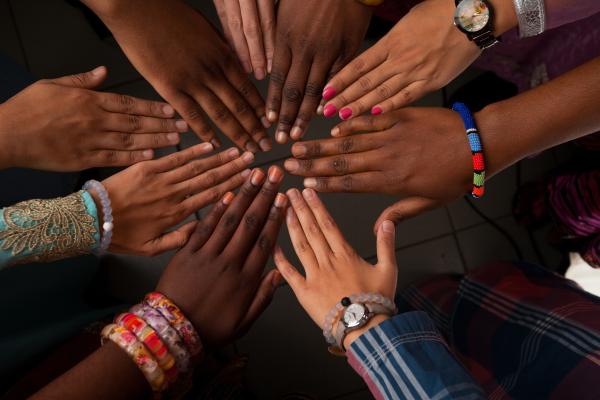 Our global Gender-Based Violence (GBV
Our global Gender-Based Violence (GBV












